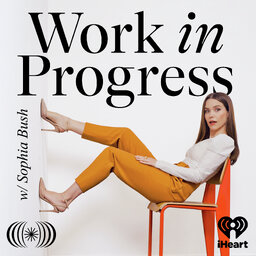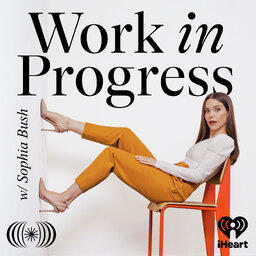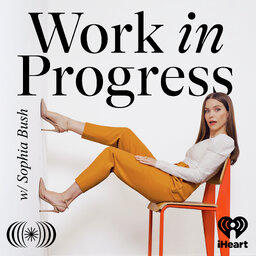Gretchen Carlson is a journalist, author, and advocate whose historic 2016 sexual harassment complaint against the chairman of Fox News helped pave the way for the #metoo movement. Gretchen joins Sophia on "Work In Progress" to discuss her new initiative "Lift Our Voices" which is pushing for the end of non disclosure agreements, confidentiality provisions and clauses that have prevented employees from publicly discussing and disclosing toxic workplace conditions, including sexual harassment and assault. She explains why she is unable to tell her own story, how our society protects sexual predators, and why these men should not be allowed to have any comeback. Executive Producers: Sophia Bush & Sim Sarna Supervising Producer: Allison Bresnick Associate Producer: Caitlin Lee Editors: Josh Windisch and Matt Sasaki Music written by Jack Garratt and produced by Mark Foster Artwork by Kimi Selfridge. This show is brought to you by Brilliant Anatomy.
In 1 playlist(s)
Work in Progress with Sophia Bush
Work in Progress with Sophia Bush features frank, funny, personal, professional, and sometimes even …Social links
Follow podcast
Recent clips

Work in Progress: Jeannie Mai
55:24

Work in Progress: Mika Brzezinski
1:01:11

Work In Progress: Sophia answers fan questions
23:52
 Work in Progress with Sophia Bush
Work in Progress with Sophia Bush